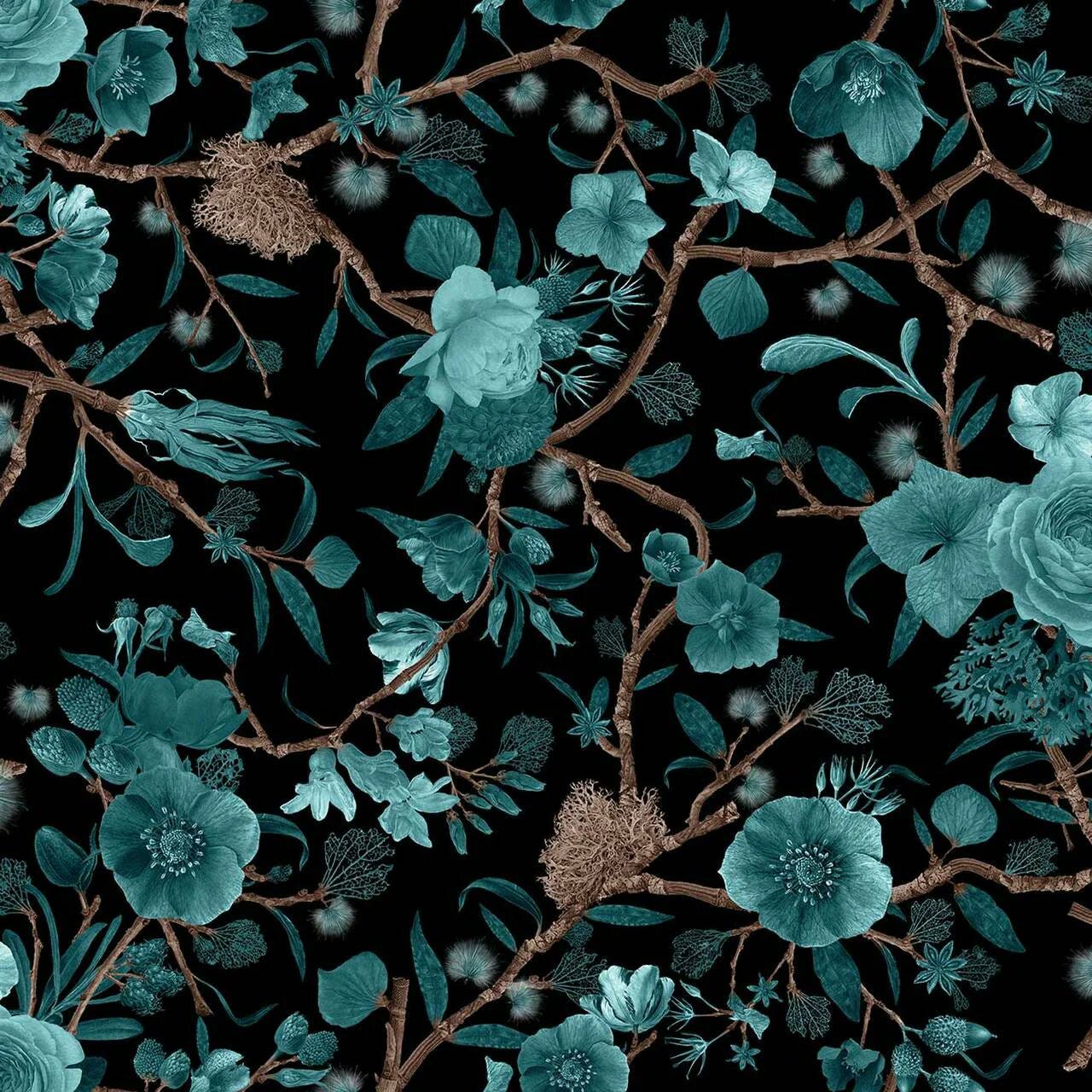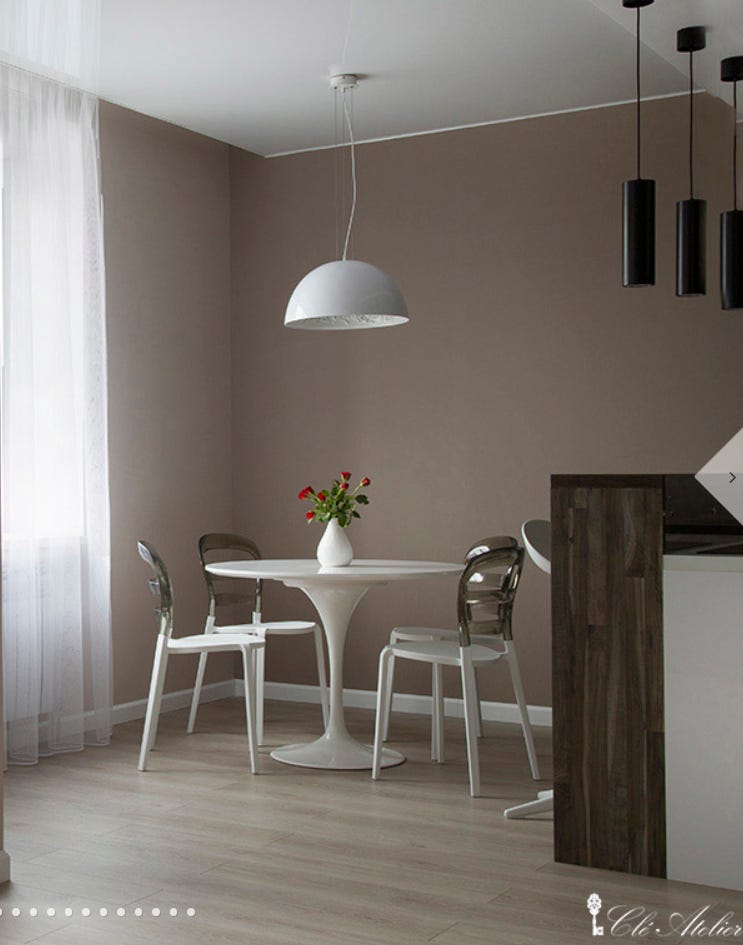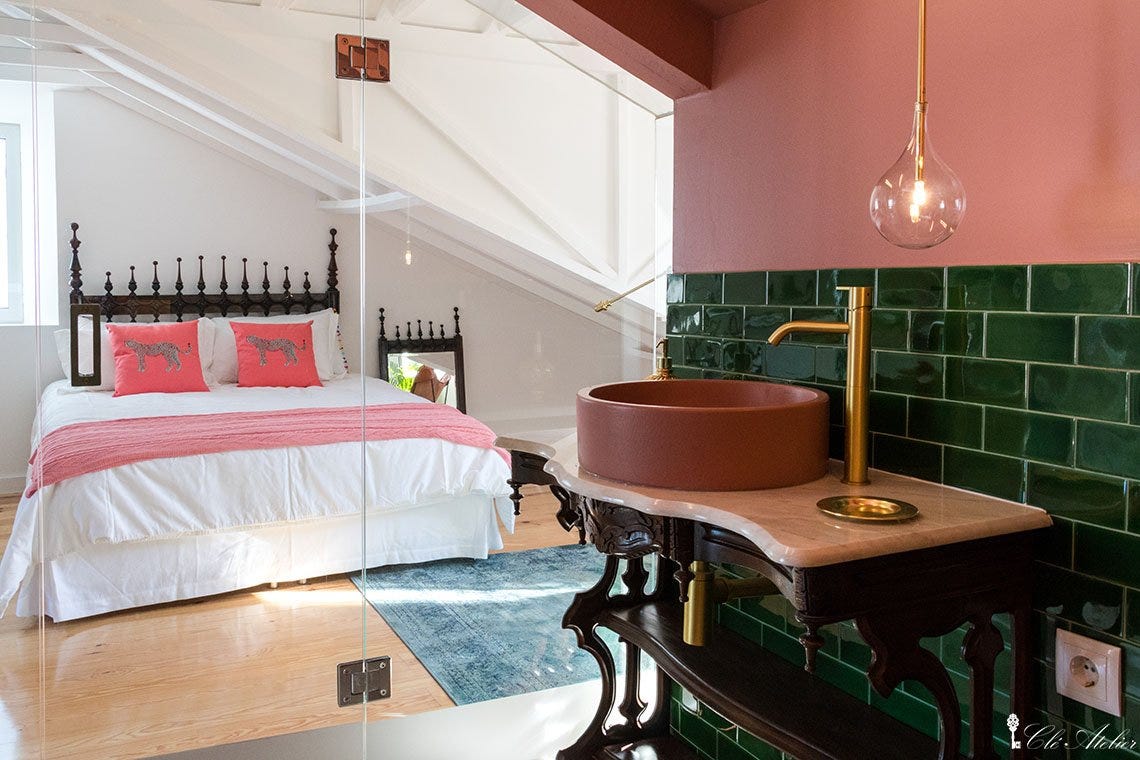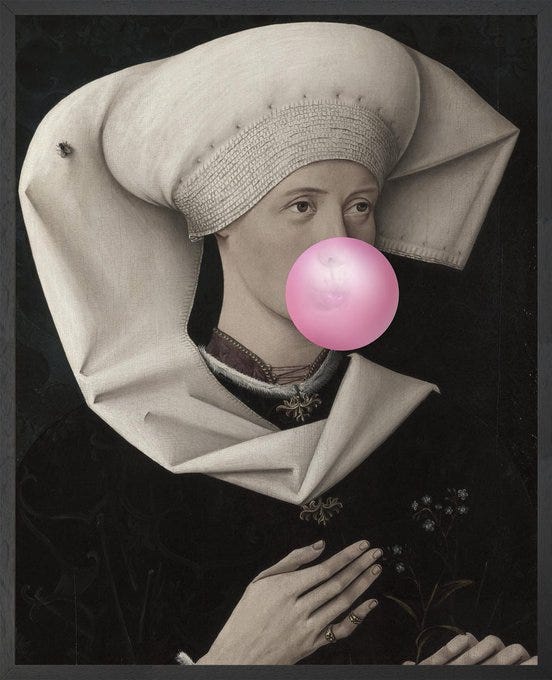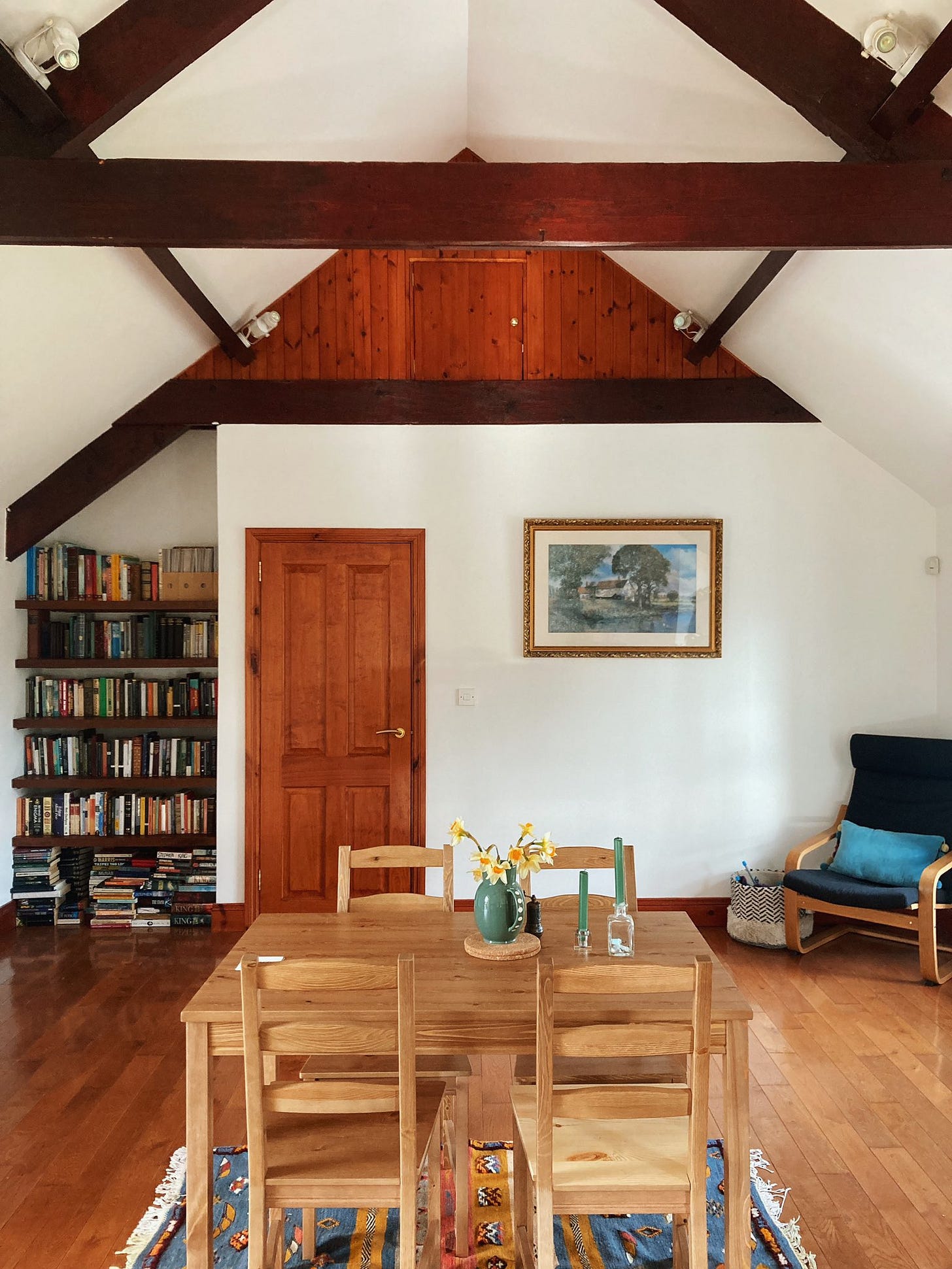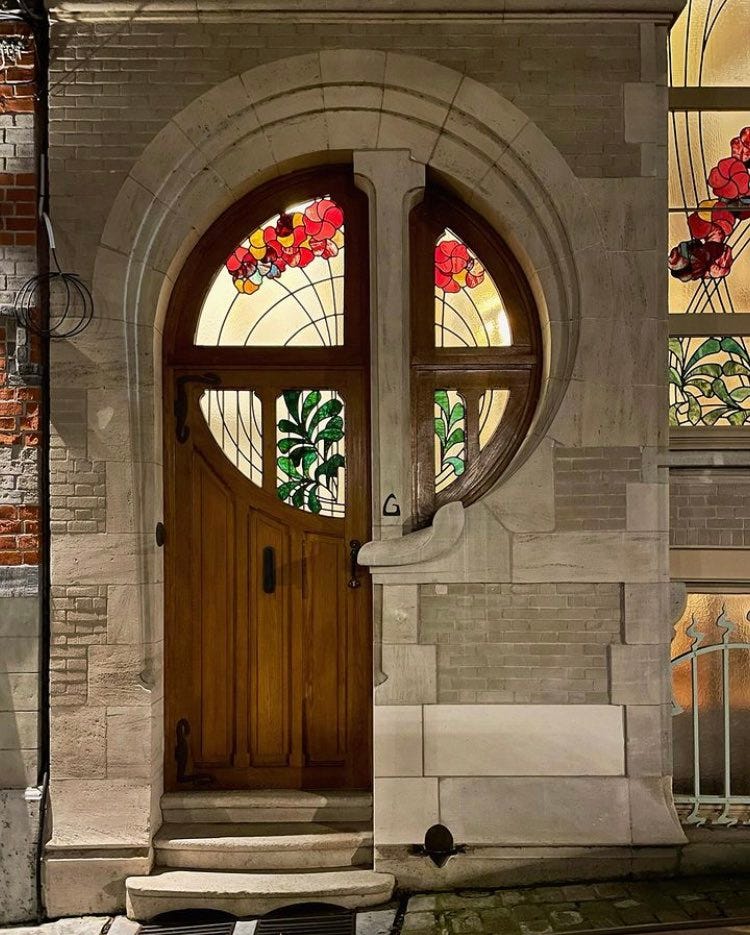Design Through a Dilettante's Eyes
Don’t mistake a lack of taste for authenticity. A misanthrope's post.
Disclaimer: This is my subjective and biased opinion—that’s exactly what I mean by ‘through a dilettante’s eyes.’
Vague Definitions
I mean design in general—the things we deliberately place around and along our lives.
Bad design doesn’t always stem from a lack of taste. But a lack of taste almost always seems to result in bad design. The real issue is that most people have mediocre taste. And since they’re unaware of it, they often don’t hesitate to boast, which only makes things worse. Good taste is an elusive, almost binary state. Mistakes in design are not easily detected, especially when people derive pleasure from their choices. No appeal to “authentic simplicity” can redeem it. Don’t confuse a lack of taste with authenticity, nor an excess of prettiness with good taste.
Ultimately, it’s about balance, of course, as it is in so many other endeavors.
“If everyday design were ruled by aesthetics, life might be more pleasing to to the eye but less comfortable; if ruled by usability, it might be more comfortable but uglier. [...] Trouble occurs when one dominates all the others”
Donald A. Norman on aesthetics’ role in design
Instead of Practical Advice
What should you do, then, when faced with a choice? Rely on professionals.
Not every farmhouse needs to be fancy, but it doesn’t have to be ugly either.
Don’t add to entropy without a good reason. Why plan a house with a garage facing the ocean? That’s practically an irreversible choice.
Don’t cling to the status quo or past mistakes. Don’t stick with wood just because it’s considered “natural.” Plastic is a legitimate material for furniture—you simply can’t beat transparent plastic chairs in certain situations.
Traditional should blend well with contemporary.
This is one way to preserve certain elements of traditional Portuguese culture without adding excessive vigor:
Experiment—life doesn’t have to be miserable.
Design is a craft that can be learned. Some people may have natural talent in their genes, but developing this skill is still achievable for anyone.
Unfortunate Choices
Asking a professional designer about these design choices:
—Is it just bad taste?
—It's not about bad taste. The guy has no eyes.
I won’t share the sources—no need to embarrass anyone. It’s surprising how proudly people showcase such interior and exterior examples. I’ll refrain from explaining the obvious.
Epilogue
Escape the rat race and bad taste. Never go against Art Nouveau.




